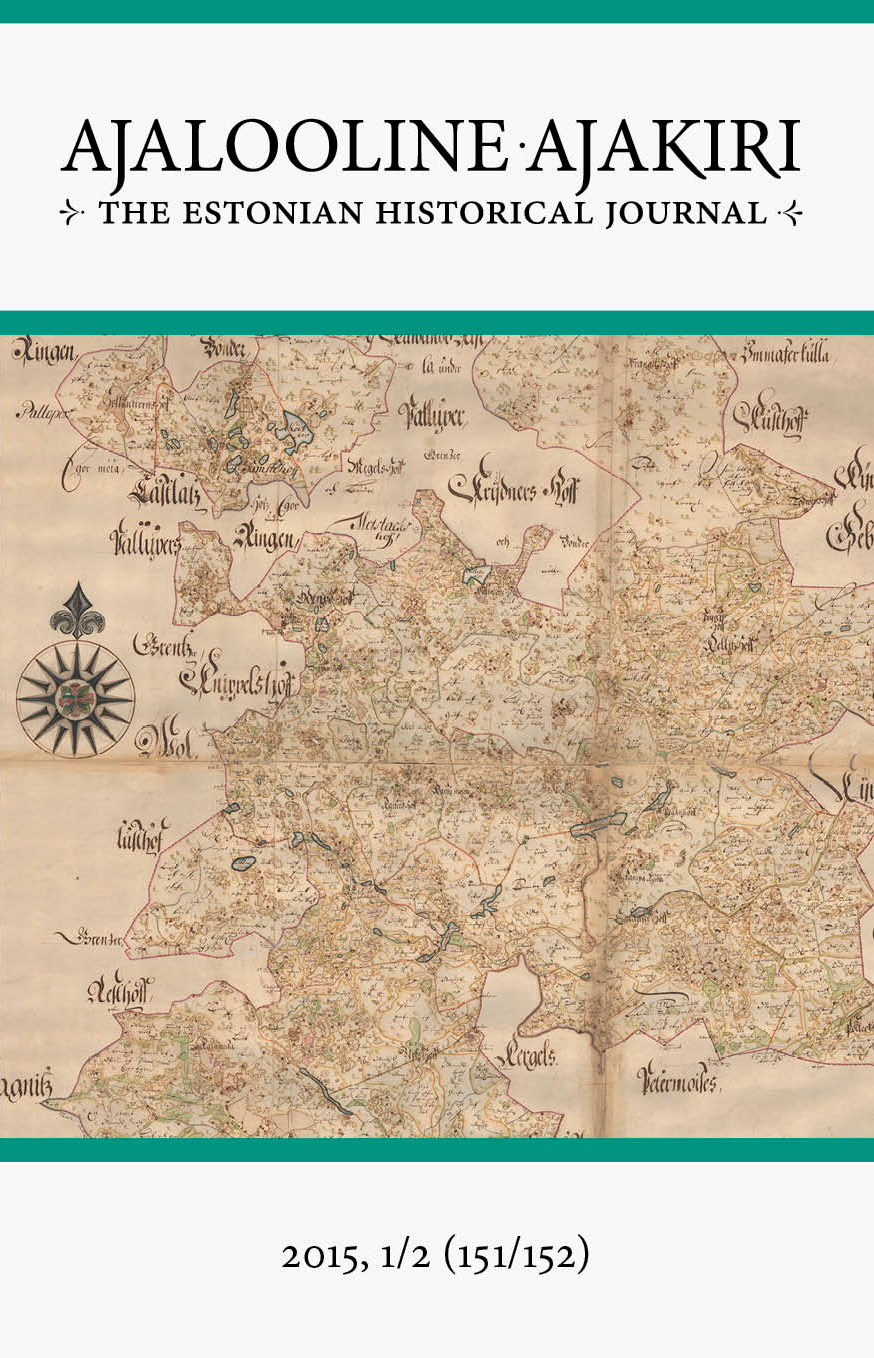Commemoration of Independence Day in the Republic of Estonia 1919–1940 [Vabariigi aastapäeva pühitsemine Eesti Vabariigis 1919–1940]
DOI:
https://doi.org/10.12697/AA.2015.1-2.04Abstract
World War I led to the collapse of the Austro-Hungarian and Russian empires, generating widespread political upheaval across Europe that provided numerous ethnic groups within those former empires the opportunity to break free and begin the process of independent nation-building. New nations need to create a history for themselves and their people to legitimate their existence. Estonia was one such nation. It was forced to fight a War of Independence at the very beginning of its existence as a separate entity to establish its right to statehood. This war served as Estonia’s founding myth and even while it was still being fought, the war was integrated into the narrative of the Estonian people’s great, centuries-long struggle for liberation from the yoke of Baltic German oppression. The achievement of independence was seen as the culmination of Estonian history. This article explores the customs that evolved for commemorating Independence Day from the perspective of performative, collective memory. These customs form the basis for analysing the shifts that took place in the politics of memory and history when a coup d’état carried out in March of 1934 established an authoritarian regime in Estonia in place of parliamentary democracy. Thenceforth the narrative was adjusted so that the culmination of Estonian history was no longer merely the achievement of independence. Instead, the narrative claimed that independence was won when Estonians defeated their Baltic German historical enemy once and for all. The way that such ideological precepts were reflected in commemorative practices is examined together with the corresponding implications for the creation of a national Estonian identity. KEYWORDS: Estonian history, collective memory, commemorative practice, Independence Day, national days, national flag, national identity, propagandaDownloads
Download data is not yet available.
Downloads
Published
2015-06-30
Issue
Section
Artiklid / Articles

